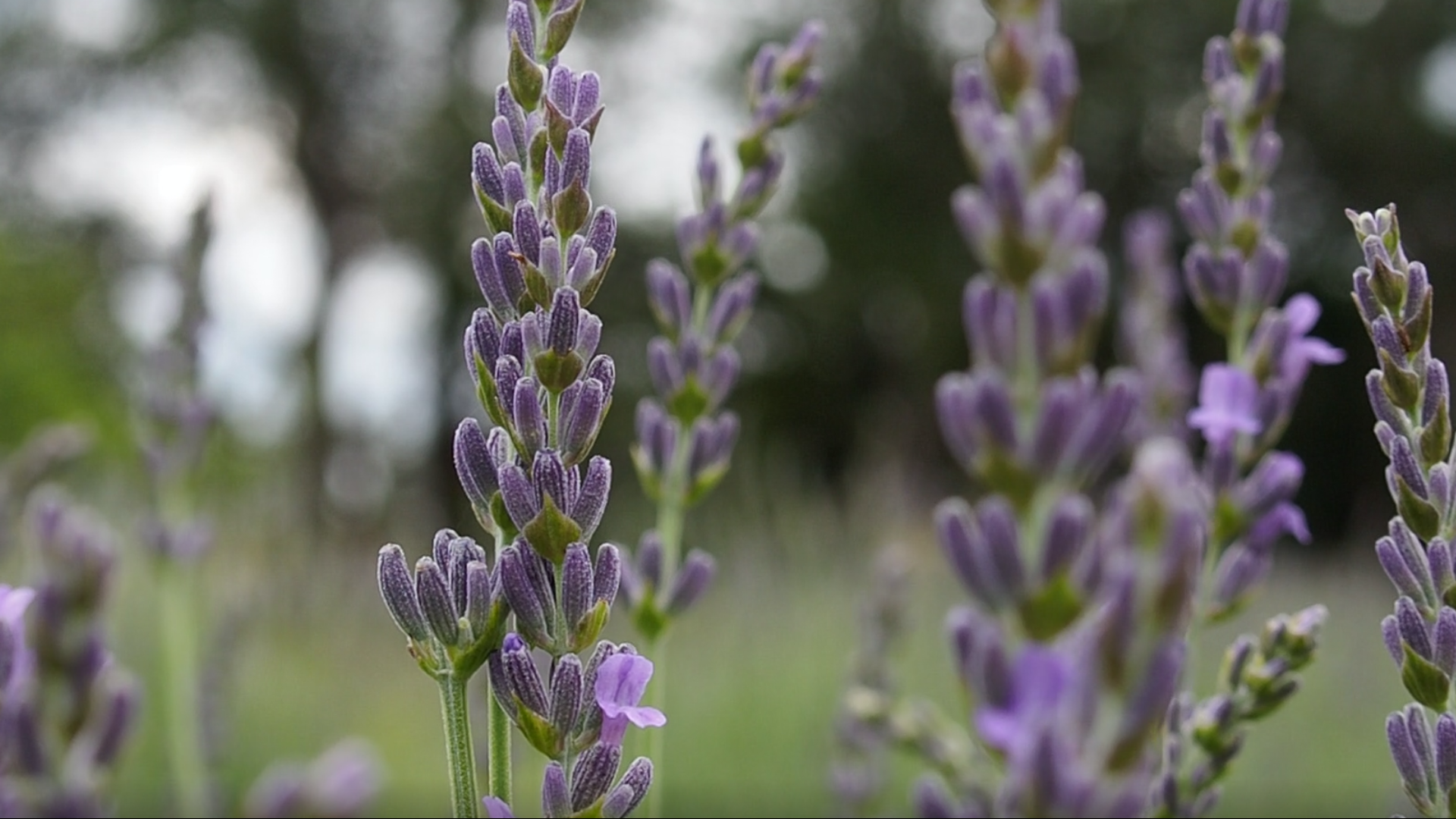AUSTIN, Texas — One of the fastest-growing regions in the nation is the Texas Hill Country. Its open spaces, clear springs and streams, abundant wildlife and night skies are just a few of the things that draw thousands away from the city and into the rural area.
In fact, according to the State of the Hill Country Report, a report that examines the current state of conservation and growth in the region, the population is currently at 3.8 million, growing by nearly 50% in the last 20 years.
According to the report, the Hill Country is expected to grow another 35% over the next 20 years, with a population of 5.2 million expected by 2040.
Residents say this population growth is negatively impacting water quality and quantity, biodiversity and night sky visibility.
David Langford is a long-time Hill Country resident.
“If their life dream is to live in the Texas Hill Country and have a place, I want them to do that,” Langford said. “I want everybody to have their dream, just like we have our dream.”
But while he wants people to achieve their dreams, he doesn’t want those dreams to harm him.
“We are being affected negatively by all the growth, primarily because of what it has done to the water resources,” Langford said.
Katherine Romans contributed to the State of the Hill Country Report. The report identifies the best ways to help conserve in the region.
“More pressures on traditional water supplies,” Romans said. “It means more straws into our groundwater resources and our aquifers. It means more strain on our river resources.”
"This is a very, very fragile water environment up here,” Langford said. “It’s not being used, it is not being protected correctly. And that's not fair to us.”
More people moving in also means more wastewater going into the Hill Country’s pristine waterways.
“As of 2018, we were seeing more than two billion gallons worth of new or additional treated wastewater being proposed to be discharged into the Blanco, Pedernales, Onion Creek," Romans said. "Some of those most pristine riverways."
Romans is working to protect the waterways. However, drought in the area exacerbates the water supply further.
“We know from history that that means wells going dry,” Romans said. “That means huge implications for Lake Travis and the drinking water supply for the City of Austin.”
As for Langford, the effect on his ranch is noticeable but minimal because his great grandfather demanded two things from those who managed it.
“The first thing was that you don't overstock your land,” he said. “If you have to feed, you have too many. And the second thing was that if you always plan for drought, you're surprised when it rains. So, we count on it being dry."
But one thing he didn’t count on was the springs going dry.
“It was not part of the plan in 1877,” Langford added. “It wasn't part of the plan when I was growing up, and it wasn't part of the plan 25, 30 years ago.”
If conditions worsen, Langford said he’ll go to rainwater harvesting. He’s already started but said it won’t be enough for the livestock.
Romans recommended this as one of the many things that can help limit the footprint on the region's natural resources.
“Collect rainwater off of your roof, as an example, and use that to offset your demand on your aquifer or your surface water supplies,” she said. “How can we capture air conditioning, condensate and reuse it in the home? How can we think, as a city like Austin, about protecting the lands and the watersheds that provide all of the water that we depend on as a community?”
Langford hopes all this growth doesn’t cost the Hill Country its best charms.
“It’s a lifestyle, and it’s a way of life,” he said. “I mean, you know, out here, there's hardly any traffic. There's not any noise. There's not a whole lot of crime. There are good schools. There's good education. There are nice small towns that provide everything.”
Langford will continue to enjoy his quiet life while he works to protect the special place he calls home.
PEOPLE ARE ALSO READING:

